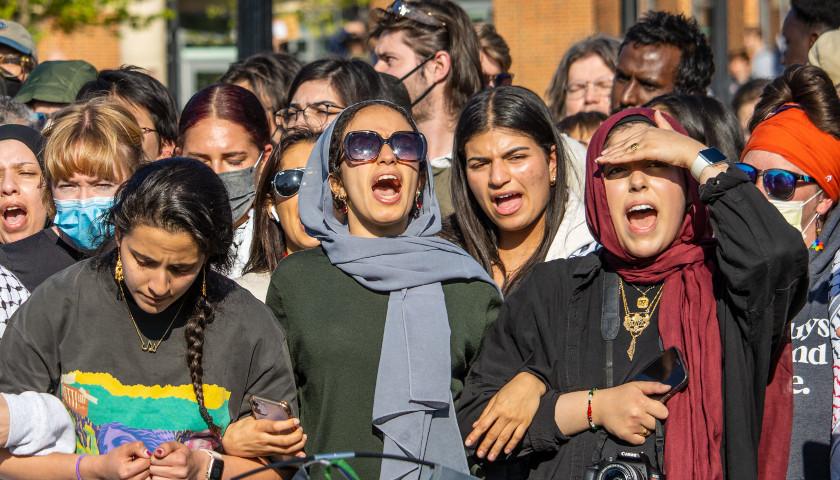A few days ago, in examining Harvard’s problems and the ghost of its deposed and disgraced former president Claudine Gay, this column wrote: “Education is supposed to be about reading, writing, and arithmetic—even at the college level. Once upon a time, and not that long ago, students at college read the classics to gain knowledge, learned to write stylish prose, and, for those scientifically minded, studied mathematics and became scientists.”
A critic wrote in—as readers are encouraged to do:
This is a window onto a big topic. It’s true that education is about the three Rs. But it is also true that there must be a purpose to learning those Rs. There’s actually nothing formally, and technically, wrong with “Educating students who will create . . . a more just and equitable world.” The real question is, What are justice & equity? They would like it to mean taking our stuff and giving it to other people, after keeping their share. But, to paraphrase the Grinch, Justice, perhaps, means a little bit more . . . . In any case, without a sense of purpose, or with a misdirected sense of purpose, the University will never right itself. And as this is the largest questing of Meaning, it is really a religious question that, having turned their backs on religion, they are utterly incapable of engaging, let alone answering.
Read the full story
